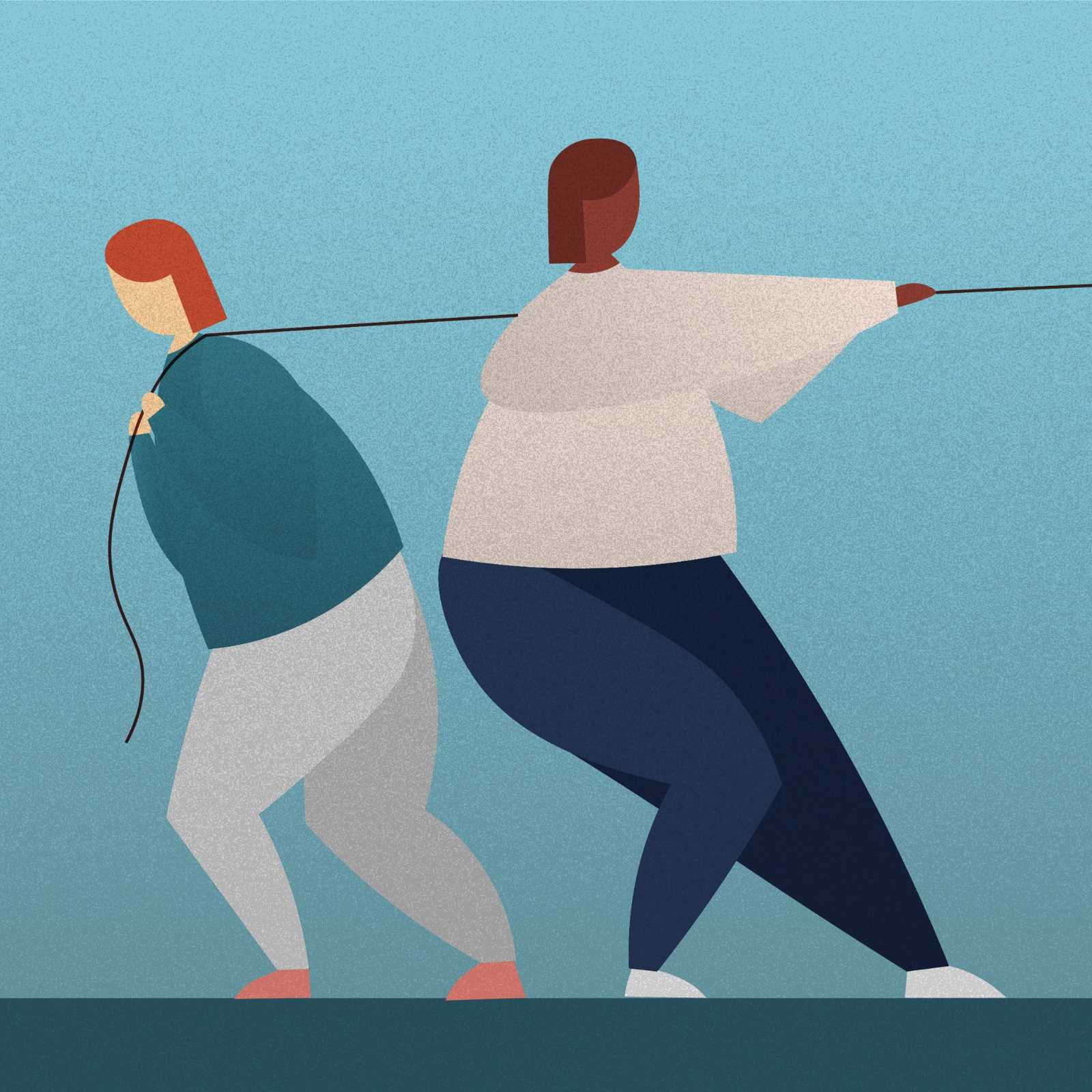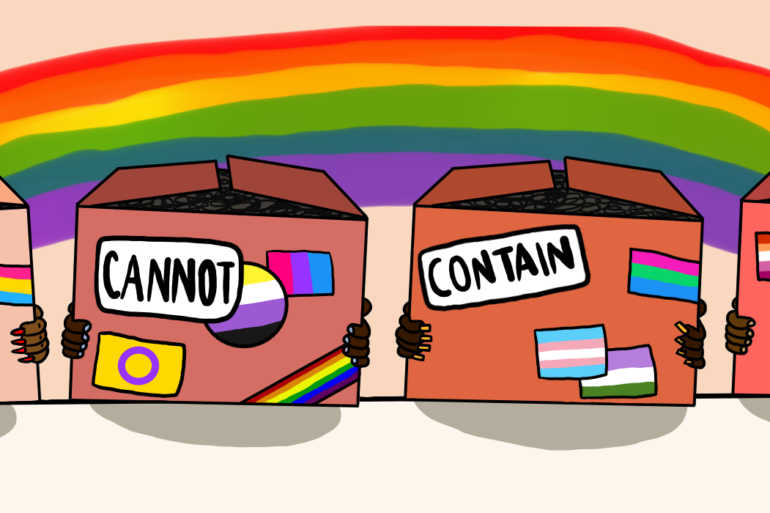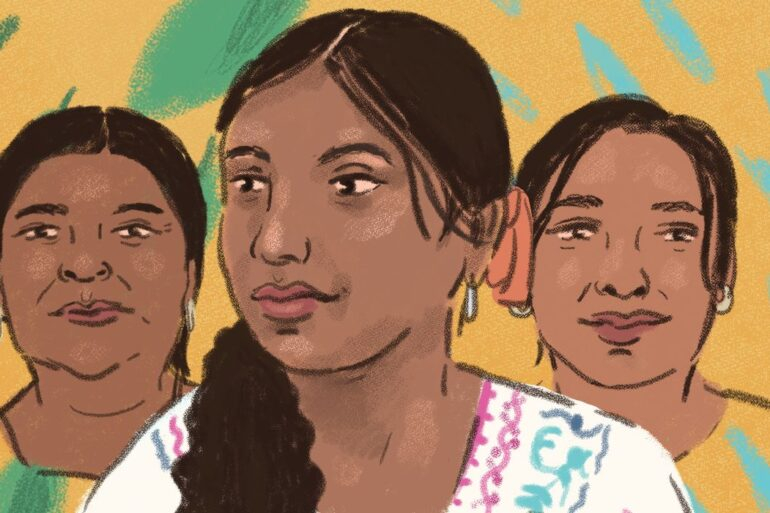With the planned Police, Crime, Sentencing and Courts Bill looming, it isn’t hard to argue that Britain is facing a deep-seated democratic crisis. Fewer people than ever have faith in our institutions and governance, and while this feeling is currently at its peak, it didn’t emerge overnight. Rather, we should blame this apathy on a whole-hearted embrace of free market capitalism, or neoliberalism, which has been the order of the day since Thatcher took power in 1979. At its core, this economic dogma is rooted in the supremacy of profit over the needs of the people and, more crucially, that the market should be responsible for sorting out social problems. What the full-throttled uptake of this ideology has meant for this country is laid bare in a shrunken welfare state, an underfunded NHS, and astronomical university tuition fees.
How neoliberalism has shredded British democracy
Traditional avenues of resistance to right wing forces have gradually been hollowed out and stripped of their original potence. Trade unions, for example, are a shadow of their previous selves, as successive anti-trade union legislation, imposed by the Tories and Blair’s New Labour respectively, has crippled them. The collapse in worker agitation and action is another blow to Britain’s democratic credentials. In 2018, only 273,000 working days were lost due to strikes, the sixth-lowest ever since records began in 1891. In comparison, in 1979, 29.5 million working days were lost.
As neoliberalism has reigned, it has created a distinct vacuum of radical actions and initiatives to wrest genuine people power back into the public arena. In its place, we’ve seen the advent of faux social responsibility campaigns led by corporations who are actively destroying the environment and perpetuating disgraceful and harmful social practices such as slave labour, and sweatshops with “Greenwashing”, and “pinkwashing” as key examples of this trend.
One of the largest indicators of a democratic deficit is the low turnout of youth voters. Just 47% of people aged 18-24 voted in the last General Election, demonstrating the ingrained alienation that young people feel towards the government and the established democratic process in the UK more generally. Even when voters do show up, the UKs archaic ‘first past the post’ electoral system robbs their votes of efficacy. The nature of the Westminster electoral system means that the winner takes all, and all other candidates take nothing. This creates a situation where in uncompetitive seats, it can be argued that it is futile to vote given the outcome of the election can be foreseen, and any votes for a different candidate will not land a blow whatsoever. According to the Electoral Reform Society (ERS), of the 32 million total votes cast in the 2019 General Election, only 9.4 million votes (29.2% of the total) were ‘decisive’ (which means they were needed) in securing a candidate’s election. Meanwhile, a staggering 22.6 million votes (70.8%) did not contribute to electing an MP, or in other words, were completely ignored and irrelevant to the outcome of the election. The ERS also states that in seven constituencies, over 90% of the votes went to waste.

Today’s Labour offers false to no hope for the many
So in the midst of this glaring democratic deficit, where is the political party historically associated with workers and marginalised communities? Labour as it appears today is hard to distinguish from the Conservative Party it is meant to be diametrically opposed to. After Corbyn stormed to power in 2015, the party’s platform swung back towards its socialist origins, a welcome move for many young left-wing Labour supporters after a complete capitulation to neoliberal dogma under the Blair, Brown and, to a lesser extent, Miliband years. 2020 however saw ex-lawyer Sir Keir Starmer take the reins, and he has made a profound effort to shift the party away from any remnants of so-called ‘Corbynism’.
Part of the repudiation of Starmer’s political legacy is the particular strategy of appearing ‘electable’ to the “Red Wall” – mostly white working class northern constituencies – by pandering to nationalist and ultra-patriotic sentiment while offering little to no policy that is aimed at solving socio-economic problems. Worryingly, it appears that Starmer has understood that the only way to appeal to white working class voters is by distancing the Labour Party from the values of anti-racism, or what has been cynically labelled by the Right as “woke-ism”. While appearing on the ‘Call Keir’ LBC show in December 2020,, Starmer did not challenge a caller who voiced the white supremacist talking point of “The Great Replacement”.
In the midst of the most passionate and sizable anti-racism protests ever seen in the UK last summer, Starmer referred to the Black Lives Matter movement as a “moment.” He went on to attack BLM UK’s calls to defund the police and redirect those resources to the wider community, saying “nobody should say anything about defunding the police” before boldly boasting of his past as a public prosecutor, when he brought thousands of [disportionately racialised] people to court with the help of the police.
This is made even more uncomfortable by the fact that the prison population in Britain has almost doubled since the 1980s, a result of a ‘tough on crime’ policy launched by Thatcher and upheld by Blair that saw urban Black communities in particular disproportionately targeted by the police through stop and search practices.
As the Government attempts to push through legislation that bolsters the very police Starmer is proud of working with to imprison ethnic minorities, protestors and anyone else they don’t like the look of, the question is: how can Labour claim to stand for the rights of the many?
Over 250 people have been leaving the Labour Party every single day since Starmer’s election as leader in April 2020, with a staggering 10% of the entire membership vanishing between April – November 2020. Black Labour members in particular have been leaving in droves, accelerated by the alleged widespread anti-Black racism amongst senior Labour officials. A leaked report published last year showed text messages sent by aides that mocked Diane Abbott for crying in Parliament toilets after suffering a wave of abuse during the 2017 election campaign. The texts also show aides joking about disclosing her whereabouts to journalists.
What’s clear is that by dismissing the concerns of many working class people of colour, Labour is losing crucial support as it cannot in any shape or form claim to stand for or represent the many against the interests of the powerful few. So where do we go from here?
Why direct action is true “people power”
There’s a lot to be mad about, and recently there have been real demonstrations of people power across the UK against the Home Office, and Government plans to ban protests.
When, on the 13th of May, two men who had been living for years in Pollokshields, Glasgow, were woken up by the Home Office and taken into an Immigration Removal van, hundreds of their neighbours turned out to stop the van from leaving, and to demand their release. Ultimately, the protest was successful, as the police, who had been assisting the Home Office, backed down and let the men go after an eight hour long stand-off with the public.
This show of people coming together to demand the release of their neighbours from an attempted deportation, is an example of how direct action and protest are the cornerstone of democracy. As evident here, the people outnumbered the police and were able to over-power one of the most visibly oppressive arms of the State by the force of sheer solidarity and people power.
We’re also currently seeing massive mobilisation against planned legislation that attempts to criminalise protest and expand already significant police powers. Through weekly protests, led and supported by feminist activists Sisters Uncut after the murder of Sarah Everard by an off-shift police officer, tens of thousands of people have come together to voice their opposition to the anti-democratic Tory proposals. After hundreds of people staged a sit-in at a police station in Bristol, which prompted a violent reaction by the police, the Bill was delayed in Parliament.
Subscribe to shado's weekly newsletter
Exclusive event news, job and creative opportunities, first access to tickets and – just in case you missed them – our picks of the week, from inside shado and out.

Meanwhile, other shining demonstrations of people power comes in the shape of the strengthened anti-gentrification movement, with one particular campaign ‘#SaveNour’ being successful last year in stopping the forced eviction of a popular cash and carry in Brixton market by its multi-millionaire landlord. It is now pushing to halt a planned twenty storey tower funded by the same landlord.
Conclusion
Democracy must be completely reimagined in the UK otherwise we risk sliding into corporate sanctioned authoritarianism. At the heart of its reimagination must be a commitment to the principle of people before profit. Direct action, in its various forms including mass protest, strikes, mutual aid, political education and mobilisation, will be crucial to attaining and establishing a true democracy in Britain that reflects and benefits the needs of everyone instead of the few at the expense of the many. Thatcher brought a previously unheard of economic ideology into the mainstream – it is possible to not only reverse its effects but build a completely new society where the people, and not corporations, have the power: we just need to be bold and unwavering in our fight for one.















